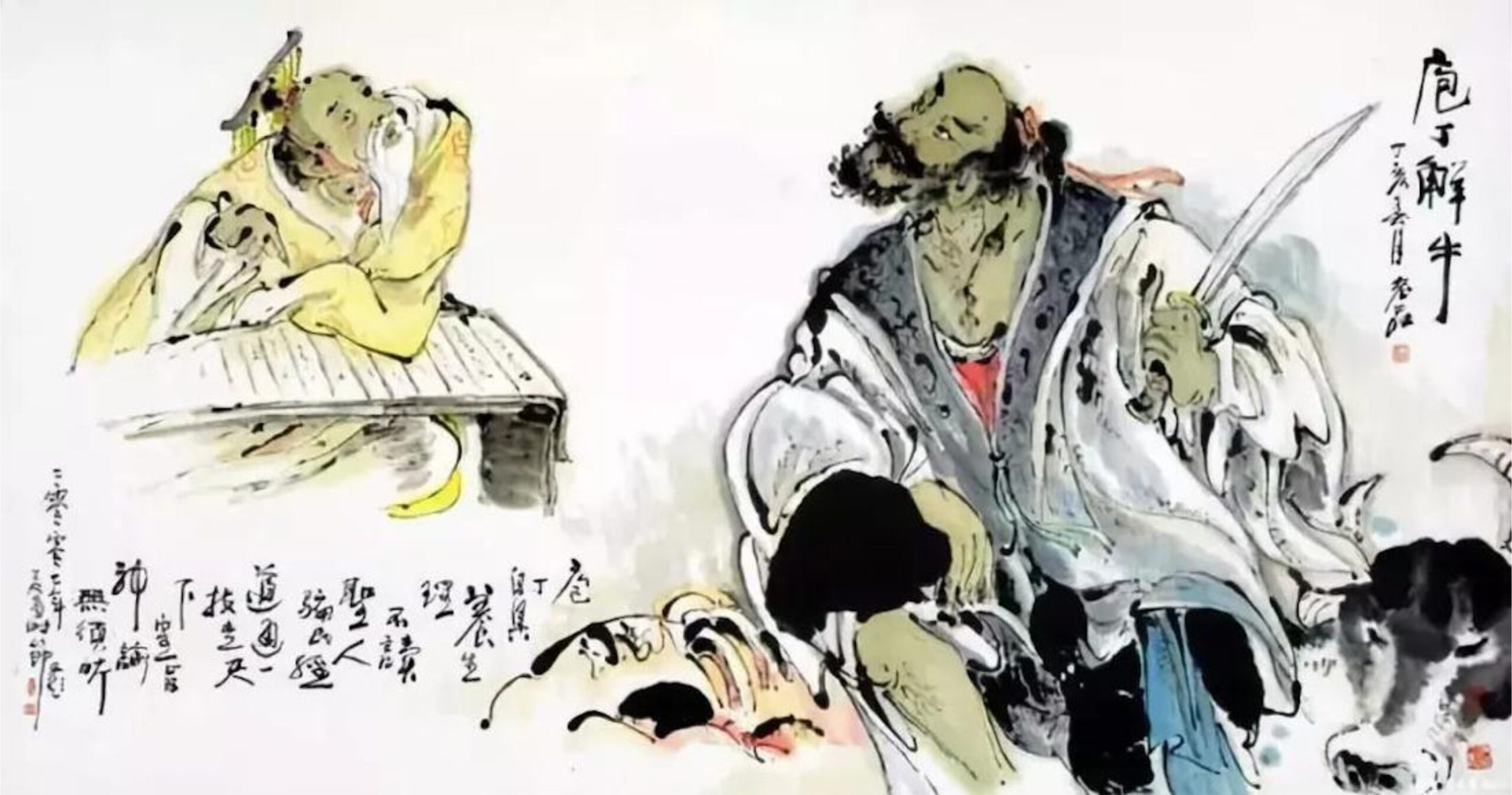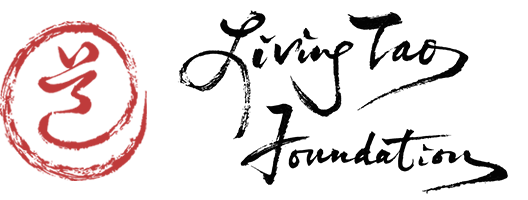Autumn Living Tao Essential Tai Ji Series — Session Three
(November 2024)
Download Printed PDF All Study Materials
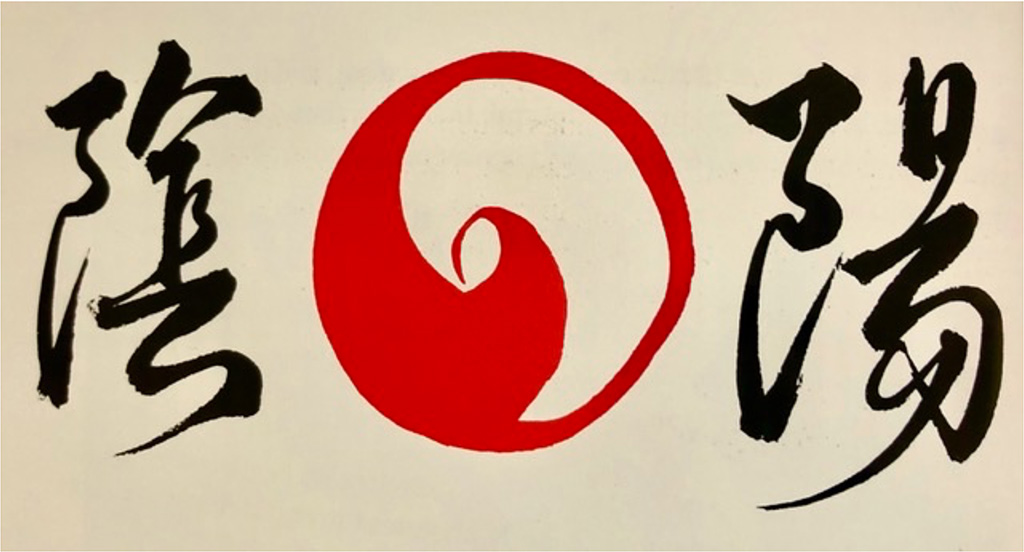
Master Huang’s teaching encourages a holistic approach to Body, Heart/Mind & Spirit study through the practice of Living Tao philosophy, metaphors, and forms.
Over the course of this Series, Master Huang will introduce new material in the following practice areas:
* Classics, Culture & Music: (Session One: Tao Te Ching 道德經 (Dao De Jing) of Lao Zi 老子 ‘s 81 verses – Comparative translations), (Session One: Introduction to 易經Yi Jing / I Ching Wisdom Book of Change and Transformation Hexagram One Qian), (Session Two: Tao Te Ching 道德經 (Dao De Jing) v. 64), (Session Two: 易經Yi Jing / I Ching Hexagram 24 – Fu), (Session Two: “Song of Ch’in”, Bach Cantate BWV 82, “Both Sides Now”), (Session Three: Tao Te Ching 道德經 (Dao De Jing) v. 2), (Session Three: 易經 Yi Jing / I Ching Hexagrams 8 – Bi, 13 – Tong Ren, & 40 – Jie);
* Related Calligraphy & Metaphors: (Session One: Jīn Huā/Golden Flower, Mǐ/Rice, Mí/Lost, Mí/Riddle, Jù Jīng, Yǎng Qì, Huì Shén, Xué Xí) (Session Two: Shou & Shen varied dynamics); and
* Continued Articulation & Development of the Tai Ji Forms.
TAO TE CHING 道德經 (DAO DE JING) v. 2
(additional translations)
1
Legge’s Translation
The Nourishment of the Person
All in the world know the beauty of the beautiful, and in doing this they have (the idea of) what ugliness is; they all know the skill of the skillful, and in doing this they have (the idea of) what they want of skill is.
Susuki’s Translation
Self-Culture
Everywhere it is obvious that if beauty makes a display of beauty, it is sheer ugliness. It is obvious that if goodness makes a display of goodness, it is sheer badness.
Goddard’s Translation
Self Development
When every one recognizes beauty to be only a masquerade, then it is simply ugliness. In the same way goodness, if it is not sincere, is not goodness.
2
So it is that existence and non-existence give birth the one to (the idea of) the other; that difficulty and ease produce the one (the idea of) the other; that length and shortness fashion out the one the figure of the other; that (the ideas of) height and lowness arise from the contrast of the one with the other; that the musical notes and tones become harmonious through the relation of one with another; and that being before and behind give the idea of one following another.
“To be and not to be are mutually conditioned.
The difficult, the easy, are mutually definitioned.
The long, the short, are mutually exhibitioned.
Above, below, are mutually cognitioned.
The sound, the voice, are mutually coalitioned.
Before and after are mutually positioned.”
So existence and non-existence are incompatible. The difficult and easy are mutually opposites. Just as the long and the short, the high and the low, the loud and soft, the before and the behind, are all opposites and each reveals the other.
3
Therefore the sage manages affairs without doing anything, and conveys his instructions without the use of speech.All things spring up, and there is not one which declines to show itself; they grow, and there is no claim made for their ownership; they go through their processes, and there is no expectation (of a reward for the results). The work is accomplished, and there is no resting in it (as an achievement). The work is done, but how no one can see;
‘Tis this that makes the power not cease to be.
Therefore The holy man abides by non-assertion in his affairs and conveys by silence his instruction. When the ten thousand things arise, verily, he refuses them not. He quickens but owns not. He acts but claims not. Merit he accomplishes, but he does not dwell on it. “Since he does not dwell on it It will never leave him.”
Therefore the wise man is not conspicuous in his affairs or given to much talking. Though troubles arise he is not irritated. He produces but does not own; he acts but claims no merit; he builds but does not dwell therein; and because he does not dwell therein he never departs.
“LEAVES OF GRASS” by WALT WHITMAN (1819-1892)
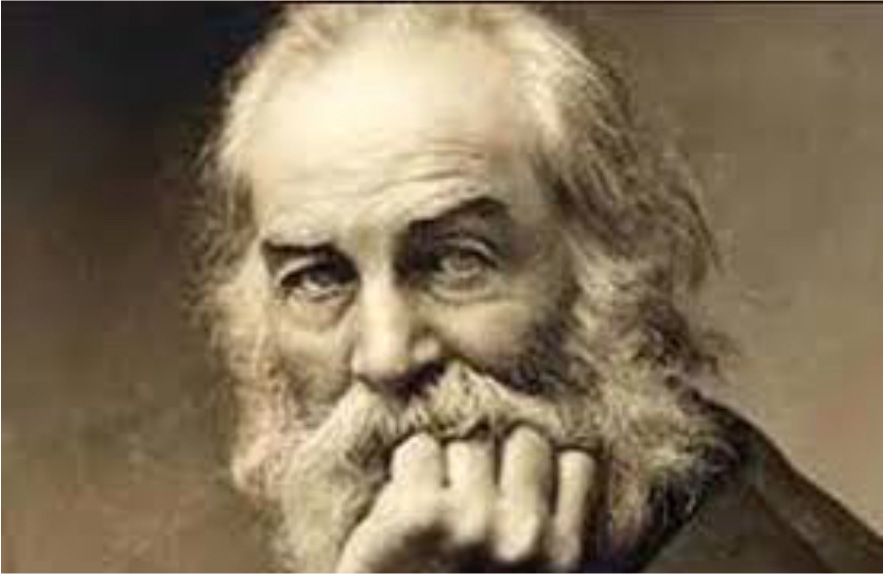
I Sing the Body Electric
Verse 1
I sing the body electric,
The armies of those I love engirth me and I engirth them,
They will not let me off till I go with them, respond to them,
And discorrupt them, and charge them full with the charge of the soul.
Was it doubted that those who corrupt their own bodies conceal themselves?
And if those who defile the living are as bad as they who defile the dead?
And if the body does not do fully as much as the soul?
And if the body were not the soul, what is the soul?
Song of Myself (1892 version)
Verse 1
I celebrate myself, and sing myself,
And what I assume you shall assume,
For every atom belonging to me as good belongs to you.
I loafe and invite my soul,
I lean and loafe at my ease observing a spear of summer grass.
My tongue, every atom of my blood, form’d from this soil, this air,
Born here of parents born here from parents the same, and their parents the same,
I, now thirty-seven years old in perfect health begin,
Hoping to cease not till death.
Creeds and schools in abeyance,
Retiring back a while sufficed at what they are, but never forgotten,
I harbor for good or bad, I permit to speak at every hazard,
Nature without check with original energy.
信心銘 XIN XIN MING – Trust In Mind/Heart
Attributed to Seng Can, the Third Chinese Patriarch of Zen
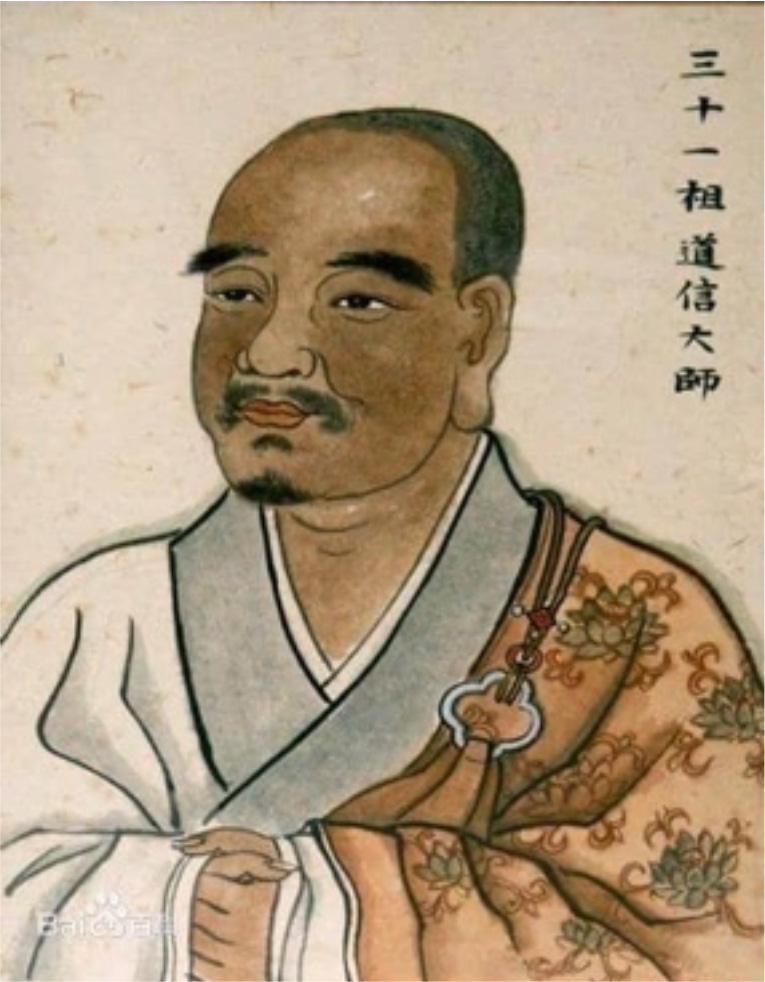
“The Great Way is not difficult for those who are not attached to preferences . . .”
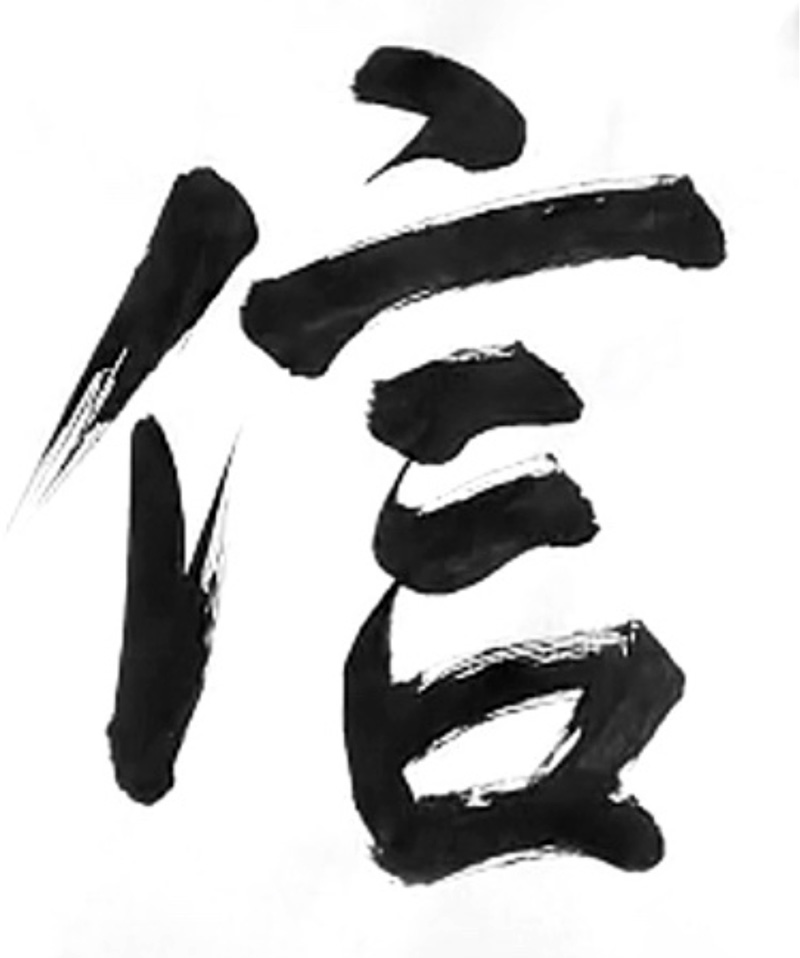
XIN – Trust
Xin4
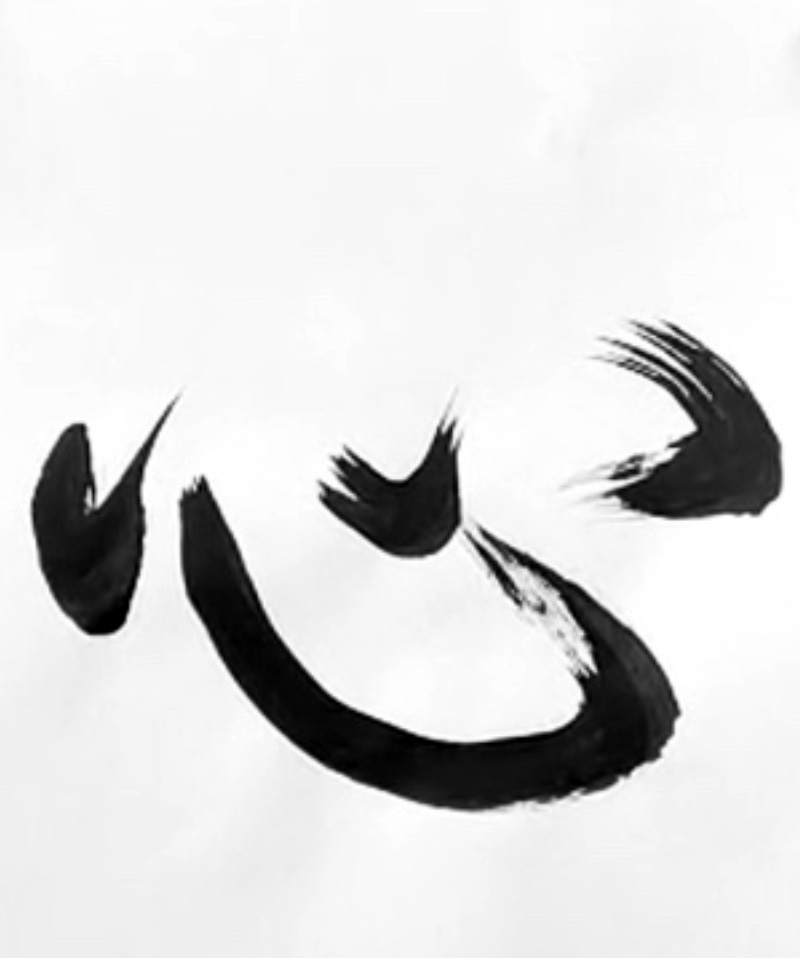
XIN – Mind / Heart
Xin1

MING – To Engrave in One’s Memory
Ming2
(See the Supplemental Resources for a link to the text of Xin Xin Ming)
易經 YI JING / I CHING WISDOM BOOK OF CHANGE AND TRANSFORMATION
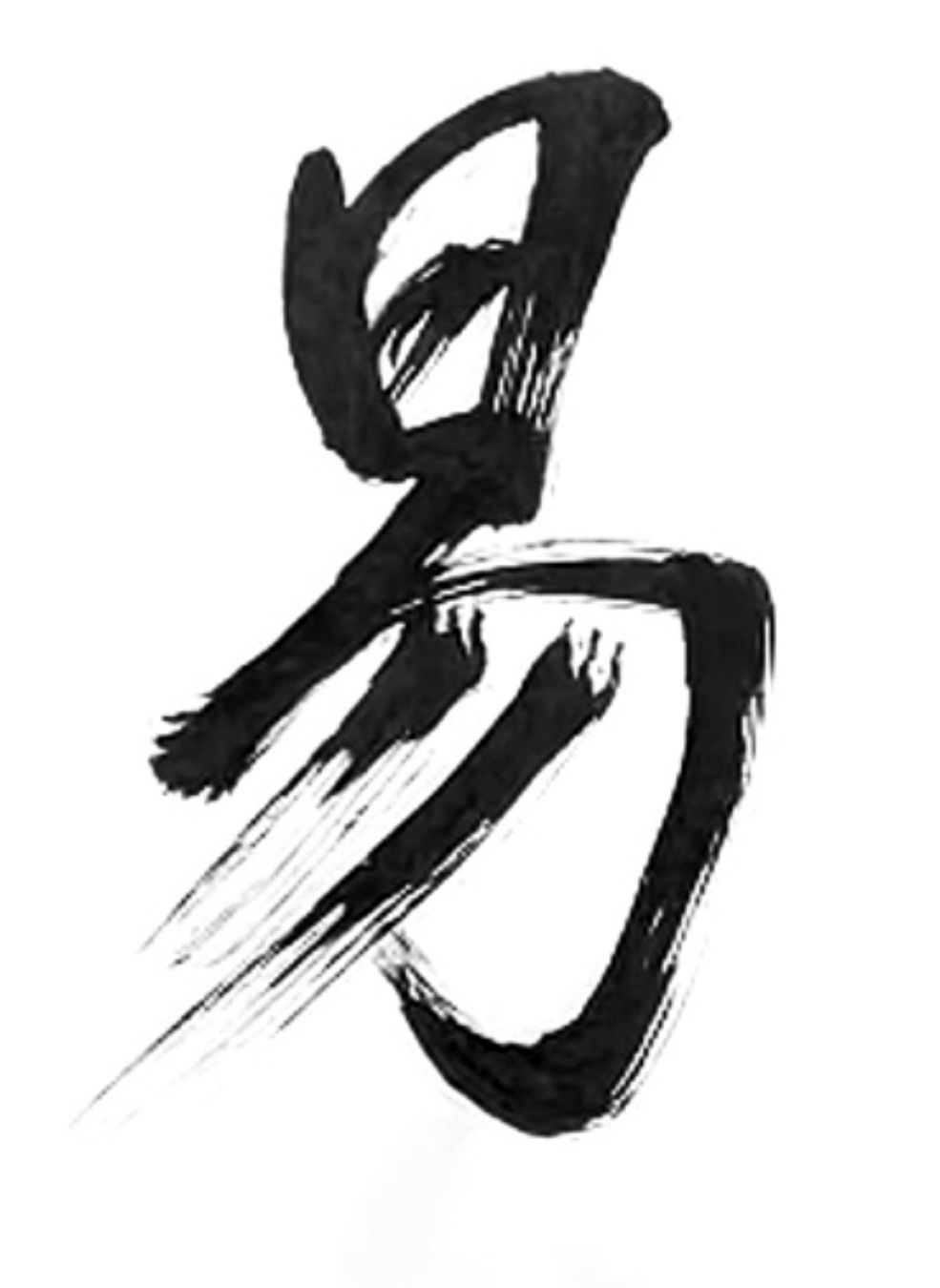
Yi / Change
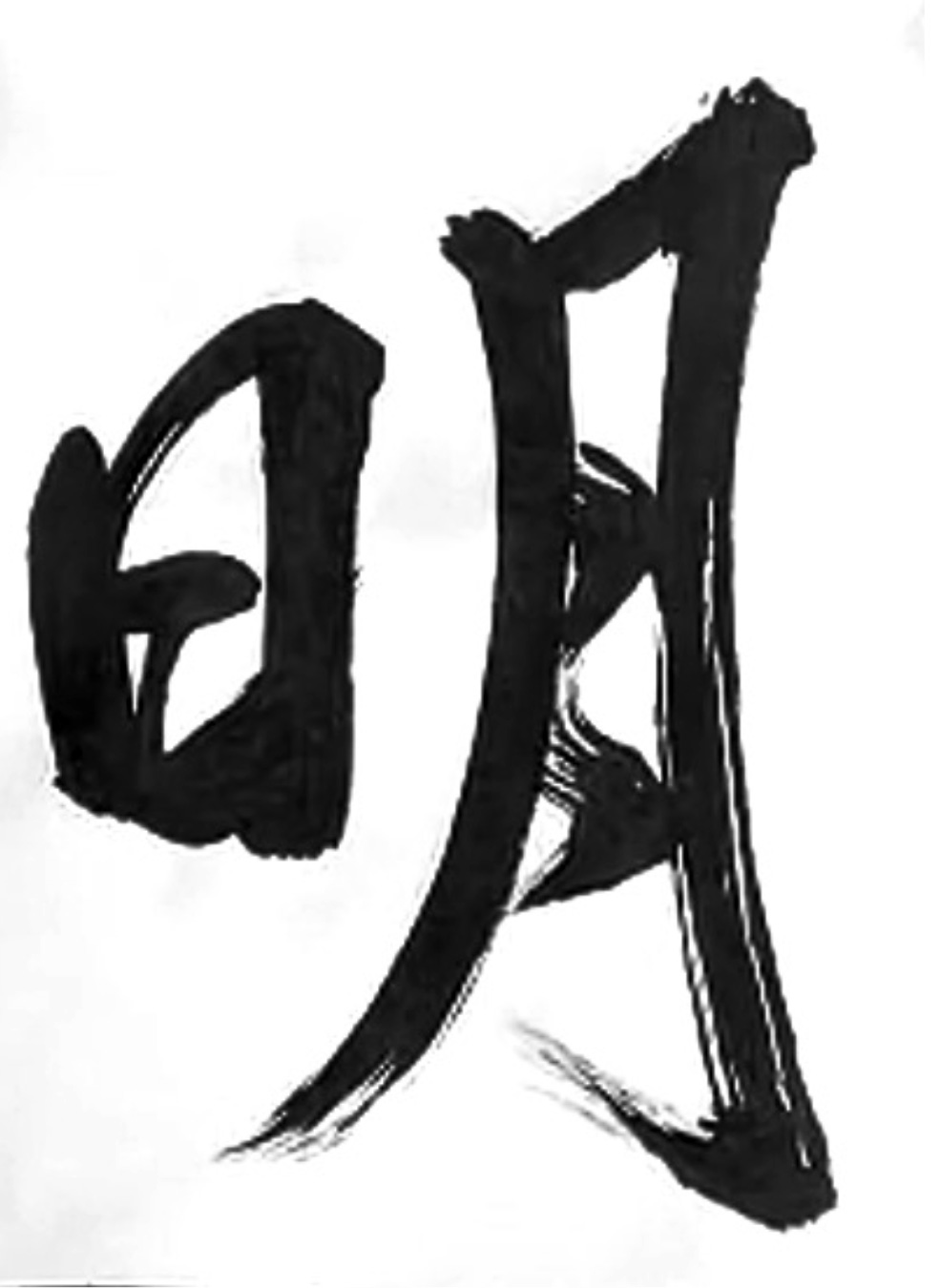
Ming / Enlightened

HEXAGRAM # 8 比BI – Unity / Side By Side / Togetherness
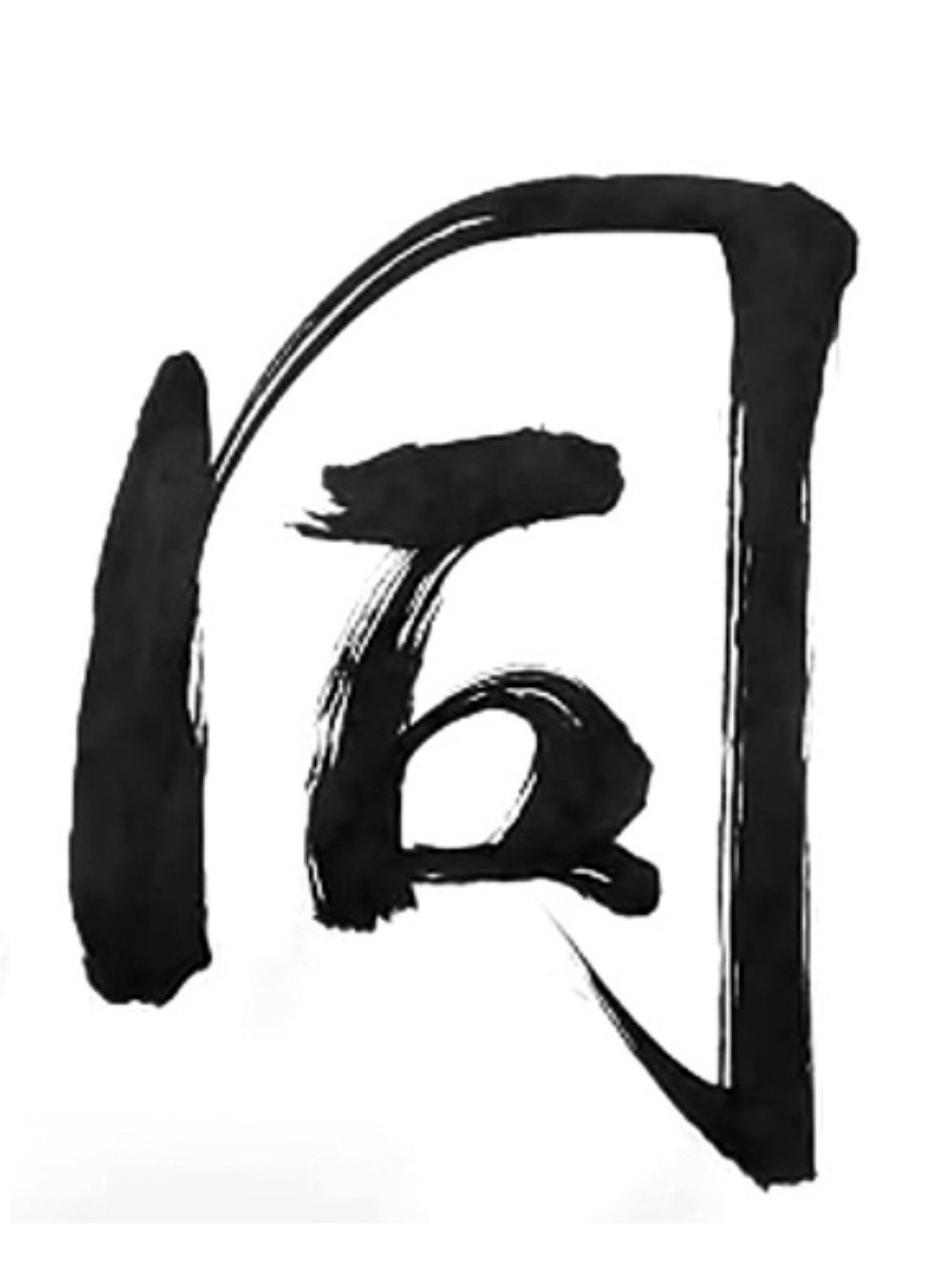
Tong
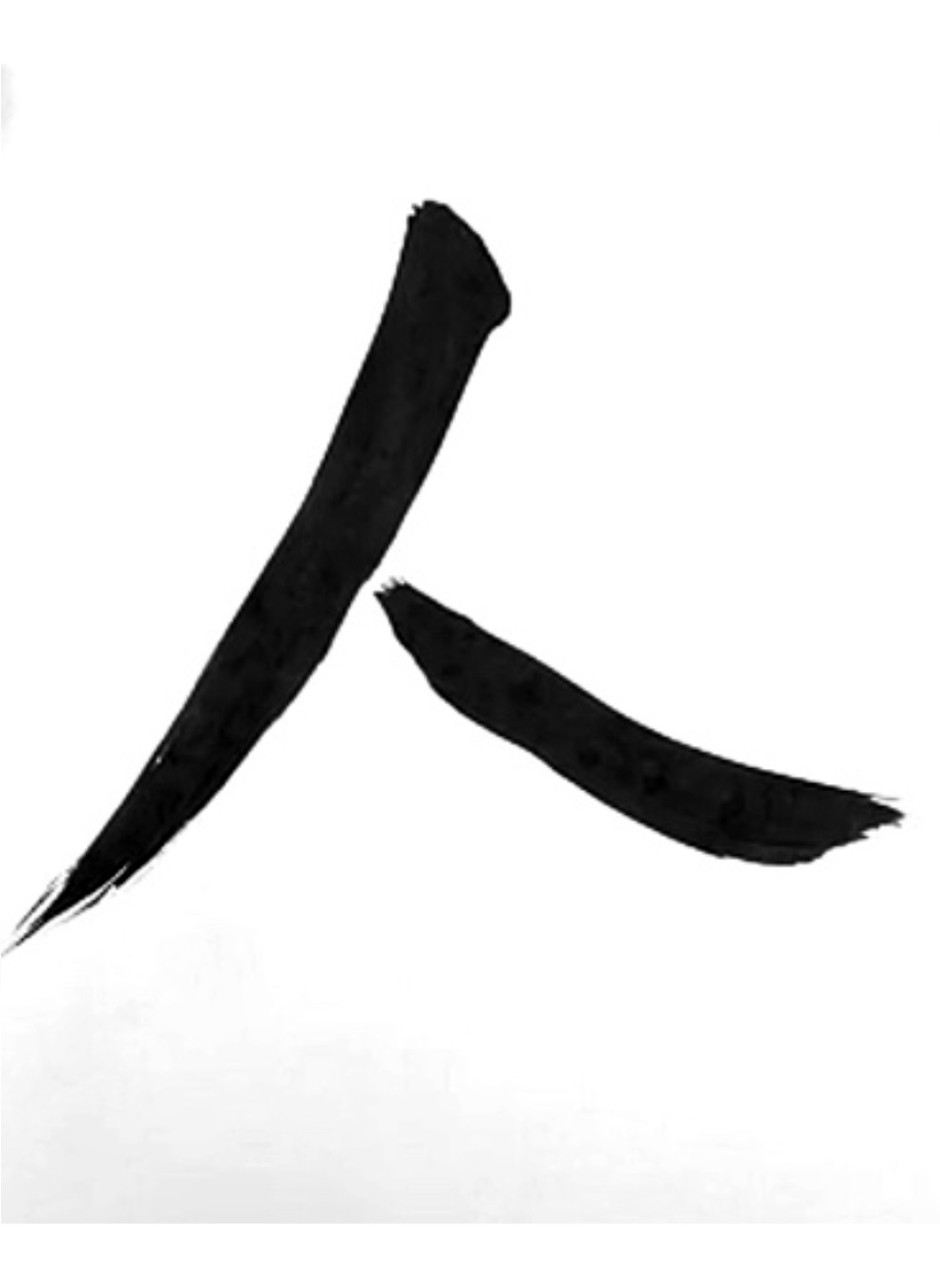
Ren
HEXAGRAM #13 同人Tong Ren Friendship, Lover, Likeminded People,
Universal Family of Human
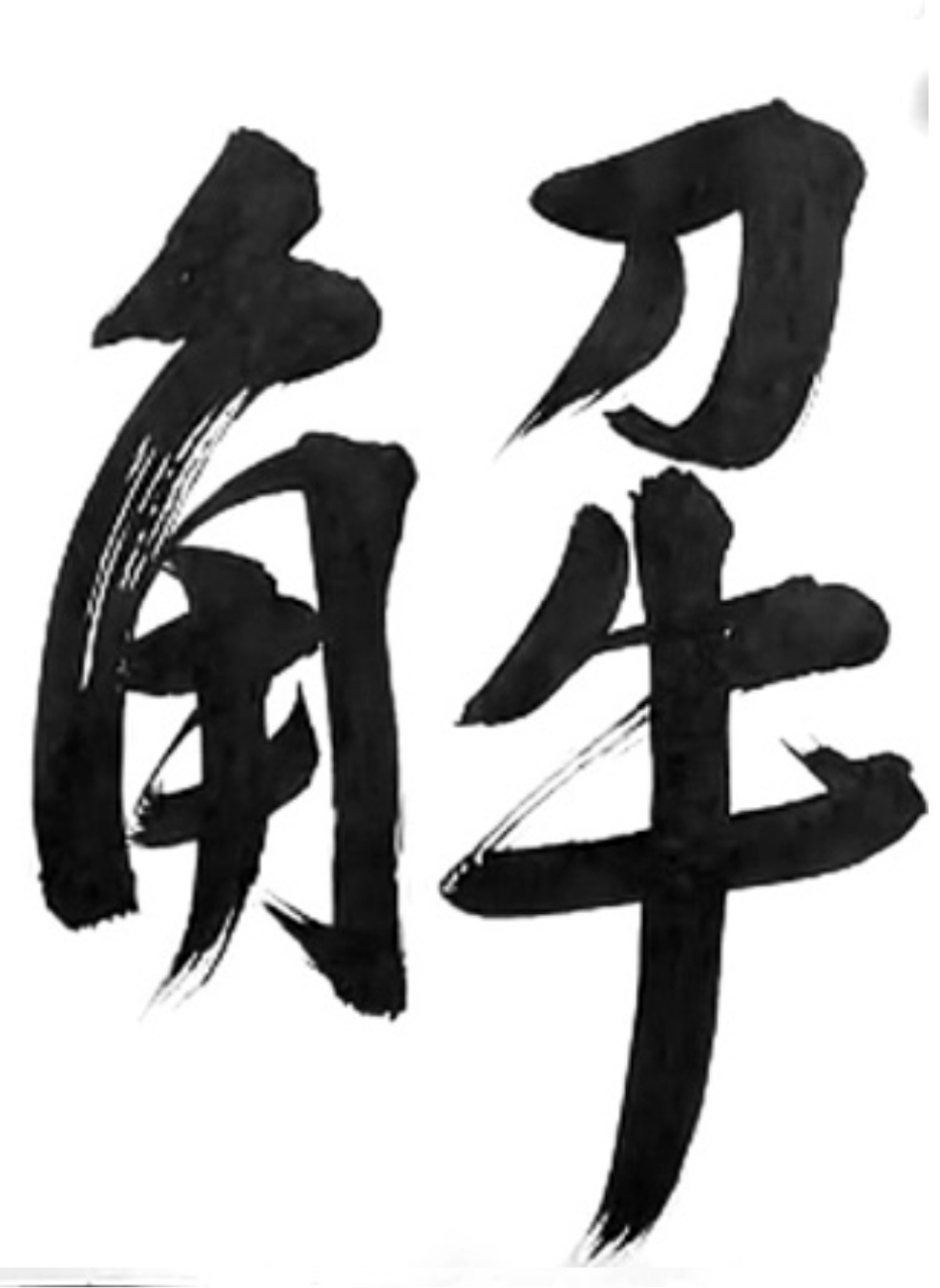
HEXAGRAM # 40 解 JIE – Deliverance / Release / Unraveling Knots /
Flowing Through Open Spaces
SUPPLEMENTAL RESOURCES
MOVING JOY: CHUNGLIANG AL HUANG
A documentary film in progress directed by Brittany Lee Sanders. ~ 5-minute trailer:
DREAM OF THE RED CHAMBER
Chungliang appears as the Taoist priest in this opera version of one of China’s 4 major novels.
~ Read more about Living Tao Foundation support of this important performance.
~ Learn more about the performance here (7:35)
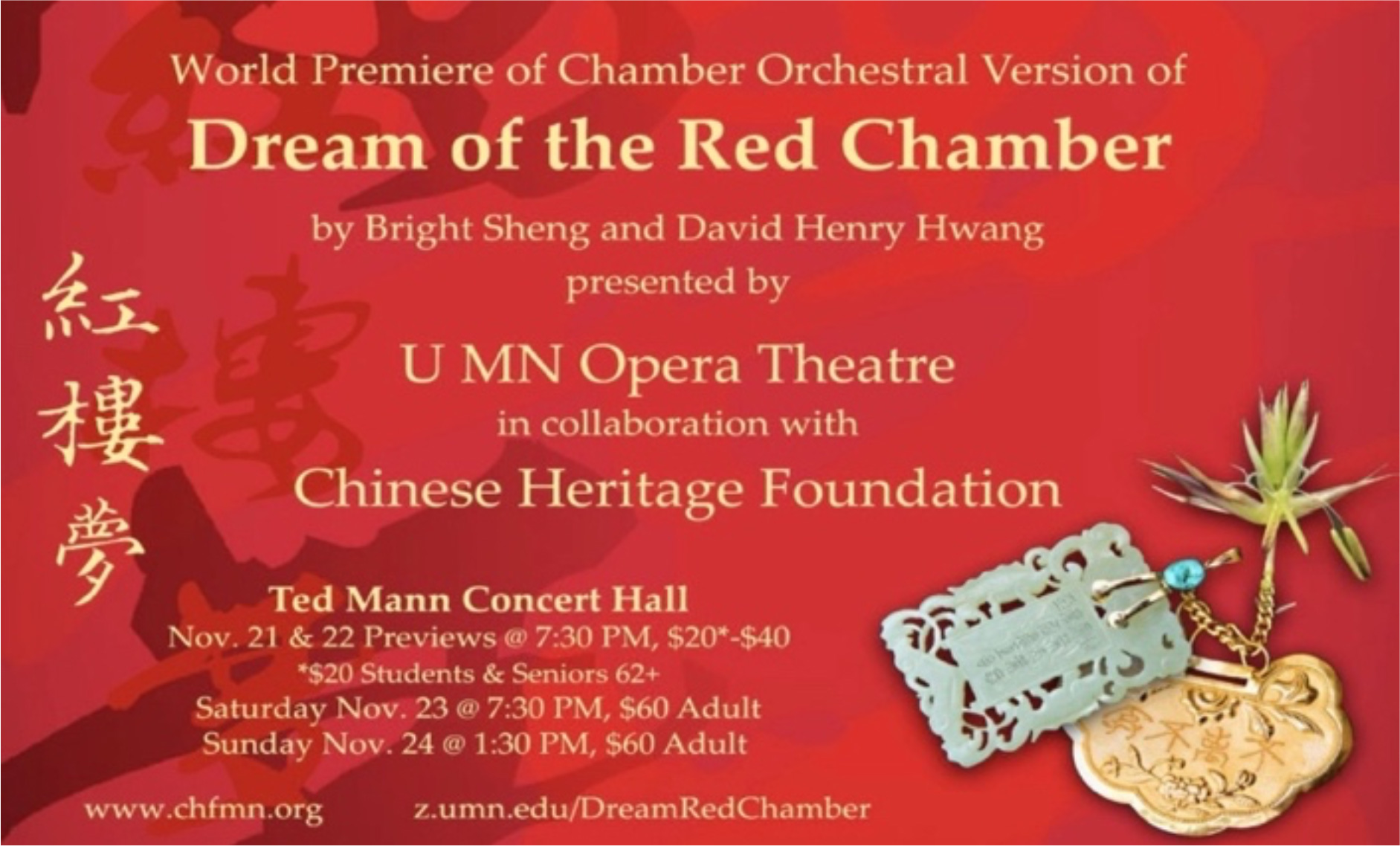
MUSIC:
- Aaron Copland; Fanfare for the Common Man
- J.S. Bach; Air on the G String
- Cathedral Bach, Paul Winter at St. John the Divine (from Chungliang’s personal collection)
BOOKS:
- Tao Te Ching (Dao De Jing) Sources:
- Thus Spoke Laozi: Dao De Jing by Charles Wu (Foreign Language Teaching and Research Series, Beijing)
- Witter Bynner, The Way of Life: According to Lao Tzu by (Capricorn Books)
- Lao Tzu Tao Te Ching: A Book about The Way and the Power of The Way— translated by Ursula Le Guin (Shambhala Pubications)
- Mu Soeng, Trust In Mind
- Xin Xin Ming Text
- I Ching: The Book of Changes, Translated & Edited by John Blofeld
- Yi Jing, by Wu Jing-Nuan
- Zhuang Zi 莊子, Chapter Three “The Secret of Growth 養生主” on Prince Wei Hui’s Cook
